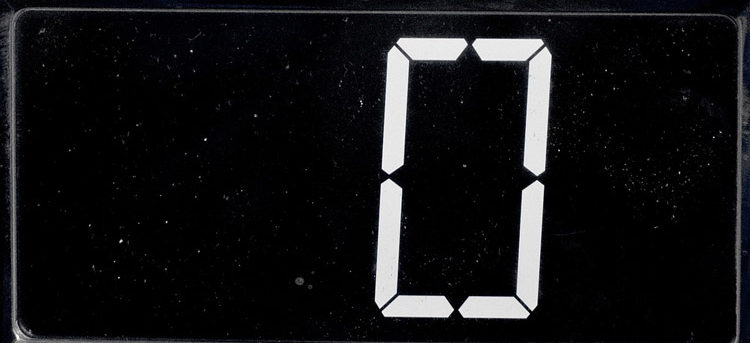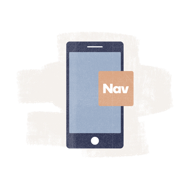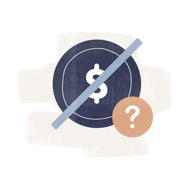You get a lot of scores throughout your life. Test scores, SAT and ACT scores, those ridiculously clicky personality test scores and, of course, credit scores. And rarely do you get a big old zero on one of those tests. Your business credit scores are a different story.
Unlike personal credit scores, where the scales on most credit scoring models bottom out in the 300s, it is possible to get a zero for some business credit scoring models. But you’d really have to tank it.
There are three popular business credit scoring models used in many business financing decisions: the FICO SBSS, Experian Intelliscore Plus and the Dun & Bradstreet Paydex score. Here’s how their credit score ranges break down.
- FICO SBSS: 0-300
- Experian Intelliscore Plus: 1-100
- D&B Paydex: 0-100
As you can see, the worst credit score you can get on two of the three models is a zero. But what does it take to get to that point?
What You’d Need to Do to Have a Business Credit Score of 0
Though every credit scoring model differs, a business credit score of zero tends to indicate a major incident like a bankruptcy. But that’s not the only way you could end up in the lowest credit tier — meaning you have a bad business credit score. Here’s what can put you there:
Late Payments… Lots of Them: For the Dun & Bradstreet Paydex Score, payment history is king. And unlike your personal credit reports, which track late payments in 30-,60- and 90-day late segments, the exact number of days you’re paying an invoice late can have a major impact on your score. Average Days Beyond Terms (DBT), current DBT and highest DBT all factor into the Paydex score and they’re dollar weighted, so if you’re 90+ days late on several large-dollar accounts, your score can take major damage, especially if it doesn’t have a lot of on-time accounts balancing out the late accounts.
High Utilization: Maxing out multiple credit cards and lines of credit says “I’m cash-strapped” to a potential lender. And, remember, a credit score is a number used by lenders to determine how likely you are to pay them back on time. If you’re already overextended, it’s cause for concern from their point of view.
3 Quick Tips If You Have a Low Business Credit Score
If you have a business credit score of zero, or maybe one that’s just single digits, you’re not entirely out of luck. There are a few things besides just waiting it out that you can do to help your score.
Though items like bankruptcies will continue to impact your business credit scores for years (they’re typically reported for 10 years from the date of filing for Experian business credit reports),
1. Dial Into Your ‘Pain Points’
Are you making late payments? Is that bankruptcy still weighing down your score? Are there judgments and liens from a screw-up a few years ago? It’s likely a combination of a few things. So scan your business credit reports (you can request copies with the major business credit bureaus — Experian, Equifax and Dun & Bradstreet — on their websites or via mail, or get detailed Experian and D&B reports with Nav Business Manager for $29.99/month), and take stock of what’s dragging down your score. Some items can be disputed if they are appearing erroneously, but others may remain for years, based upon the standard of the bureau. (Unlike personal credit reports, which have reporting timelines set under federal law.)
2. Make a Plan
If late payments or high utilization are your biggest pain points, there are things you can start doing right away to make an impact on your score. Paying down the balances on those lines of credit and business credit cards can have one of the quickest impacts, since balances will immediately adjust and your utilization will drop, raising your scores. Late payments may take a bit longer to combat — they can stay on your credit report for a while and you may actually want to (if you can, that is) start paying accounts early in order to counter the side effects of the super-late payments on your average DBT.
3. Monitor Your Progress
What good is all the hard work if you’re not seeing the fruits of your labor? Keep an eye on how your actions are impacting your business credit scores. You can pay for scores from the credit scoring companies, or you can monitor your personal and business credit scores for free on Nav.
This article was originally written on March 24, 2017 and updated on January 30, 2020.



Have at it! We'd love to hear from you and encourage a lively discussion among our users. Please help us keep our site clean and protect yourself. Refrain from posting overtly promotional content, and avoid disclosing personal information such as bank account or phone numbers.
Reviews Disclosure: The responses below are not provided or commissioned by the credit card, financing and service companies that appear on this site. Responses have not been reviewed, approved or otherwise endorsed by the credit card, financing and service companies and it is not their responsibility to ensure all posts and/or questions are answered.